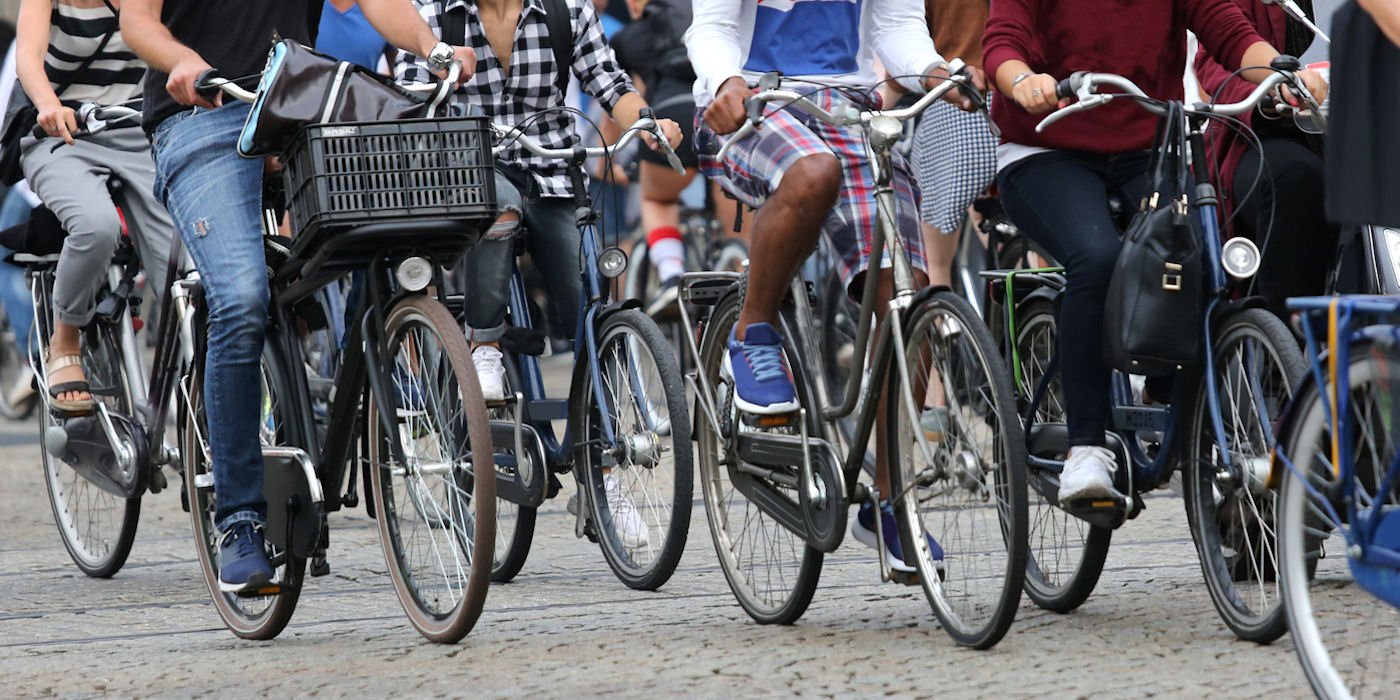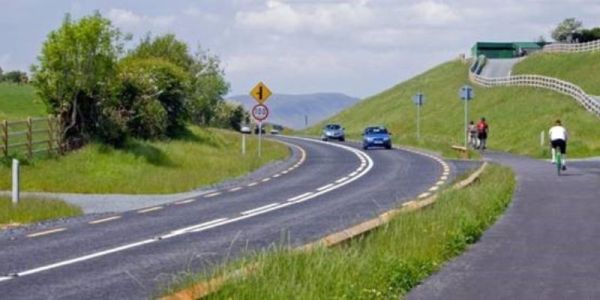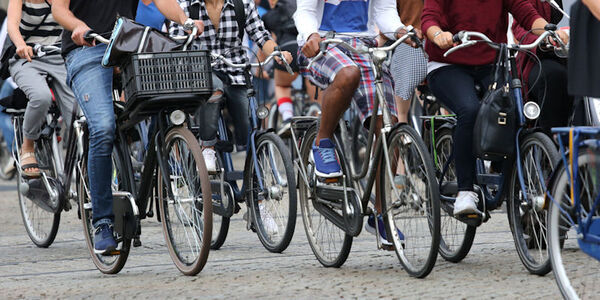- Faculty of Environment
- Institute for Transport Studies
- Research and innovation
- Our research
- Social and Political Sciences
Social and Political Sciences
Social and Political Sciences
We investigate transport and mobility from perspectives of the social and political sciences studies with the aim of delivering effective, fair and environmentally sustainable mobility systems locally, nationally and globally.
Our mobility system shapes our social and economic opportunities and activities and has profound implications for environment and health ranging from greenhouse gas emissions, urban pollution and resource and land use. Although the benefits and problems of mobility are shared by everyone, they are not shared equally.
The ways in which mobility is organised and governed locally and globally influences the nature and distribution of the social, health, economic and environmental aspects of mobility. Given this we use the broad range of social and political research methods to:
- Understand mobility and the transport system and its role in, and influence on people’s lives and vice versa.
- Understand policy and governance of mobility and transport – how are agendas set and policy formed?
- Investigate ways of steering policy and changing mobility to improve its social, environmental and economic impacts
We work with, and host visitors from other universities and research organisations, local and national government, industry and non-governmental organisations.
Our research includes the following inter-related areas:
- Understanding transport and energy demand, and transitions to low carbon, and less polluting mobility. This includes investigation of changing travel demand and transport energy, and (re)assessing the nature and use of transport forecasts. We research politics of low emission vehicles, and the role of active travel in low carbon futures.
- Car dependence, travel behaviour, affordability, need and cultures. Investigating how mobility, economic and social systems make life difficult without access to private vehicles, and how mobility systems can be developed to avoid car dependence.
- Understanding the role of walking and cycling in sustainable mobility and what is needed to effectively promote walking and cycling. This includes research on health benefits of walking and cycling, risks, norms and lived experiences of people walking and cycling.
- Transport and social disadvantage in the global north and south, and social and distributional assessment of transport systems.
- Appraisal of transport measures including social and distributional impact assessment, health impact assessments and equality impact assessment.
- Use of large data sets, and combinations of data sets in analysis of complex mobility challenges.
- The economic and social impacts of barriers to travel for disabled and older people, particularly in relation to people with sensory or physical impairments, and the role of improved infrastructure, information and training and of new technologies in promoting travel and mobility amongst disabled and older people.
- Governance of the transport system: This is about understanding how and why policies get designed, implemented and operationalised (or not) in the ways that they do, asking what role governments at different levels play, how they relate to the private sector and how that is structured and where the public voice appears in transport policy.
- Governance, and the social, economic, environmental and mobility implications of new technologies including electric vehicles and infrastructure, new mobility services enabled by digital technologies (such as Mobility as a Service) and automation.
- Mobility justice and political philosophy of mobility, using techniques and theories from political philosophy to analyse mobility and transport models, and to develop approaches for more socially, environmentally and economically just mobility systems.
- Mobility planning: investigating functions of, and interrelations between, public participation, institutional collaboration, mobility measure selection and evaluation, and assessing the potential for relational and collaborative planning and co-design in mitigating uncertainty.
Contact us
If you would like to discuss an area of research in more detail please contact: Dr Kate Pangbourne.
Research degrees
We have opportunities for prospective postgraduate researchers. Example projects and funding opportunities can be found in our PhD directory. Previous topics have included:
- Integration of active travel modes into the design of inclusive public transport systems and services
- Future of commuting
- Road user's perception and attitudes as a barrier against cycling in cities
- Reducing the use of conventionally fuelled vehicles
- Pedestrian mobility in deprived environments
- Mobility-related social exclusion
- Early-life exposure to traffic-related air pollution and the risk of developing childhood asthma
- Incentivising sustainable travel behaviours
- Public participation GIS and web-based GIS
- Energy, carbon and travel impacts of vehicle automation.
In addition to the research study associated with a specific project, prospective students can also suggest their own topic. In this case, we ask prospective students to contact us for an informal discussion, before submitting a research proposal.
Study with us
We deliver the latest thinking in this area via modules delivered as part of our undergraduate and masters programmes offered by the Institute for Transport Studies, School of Geography, School of Earth and Environment, School of Civil Engineering and the Business School.





